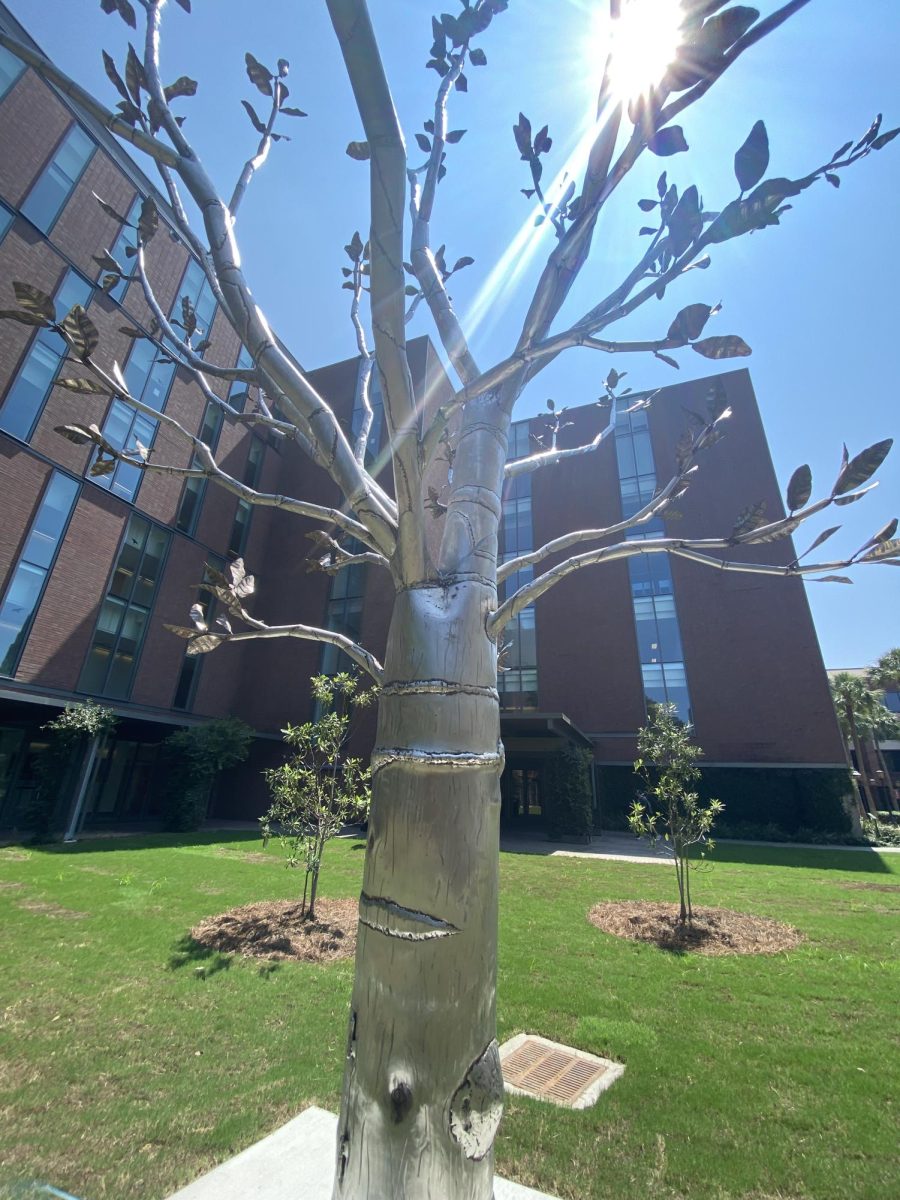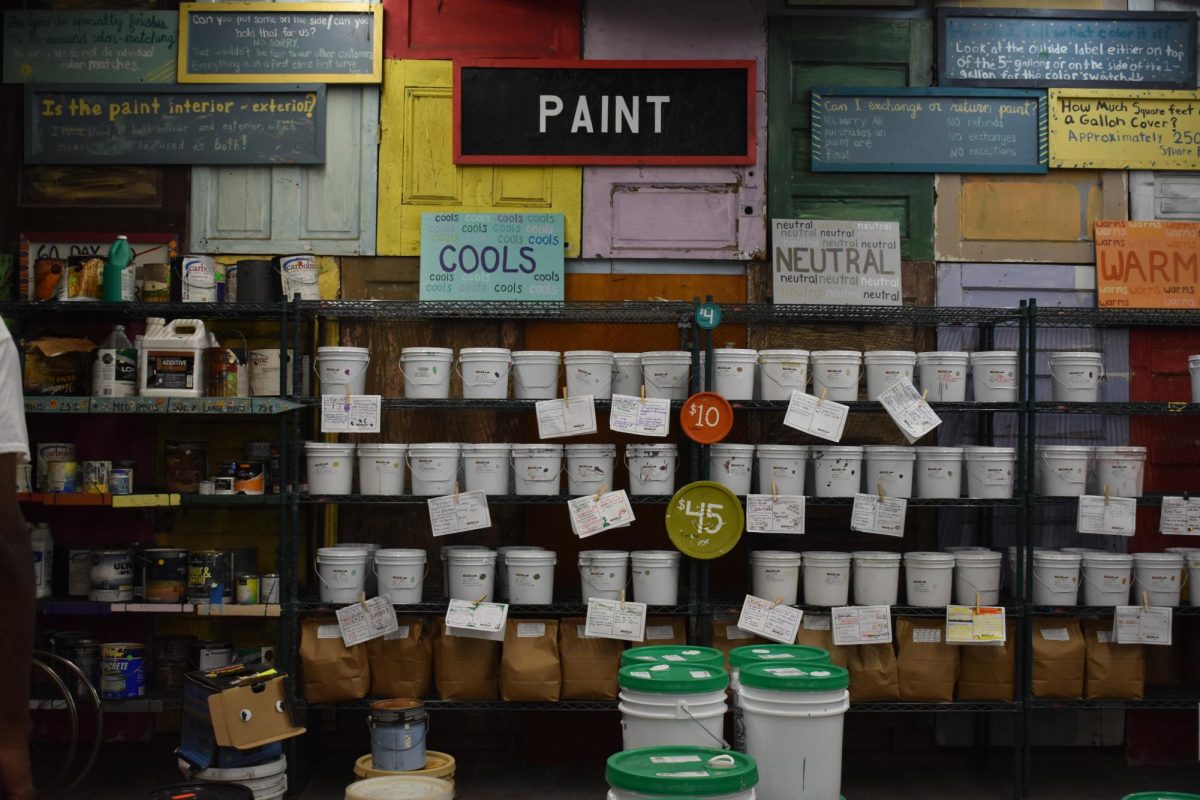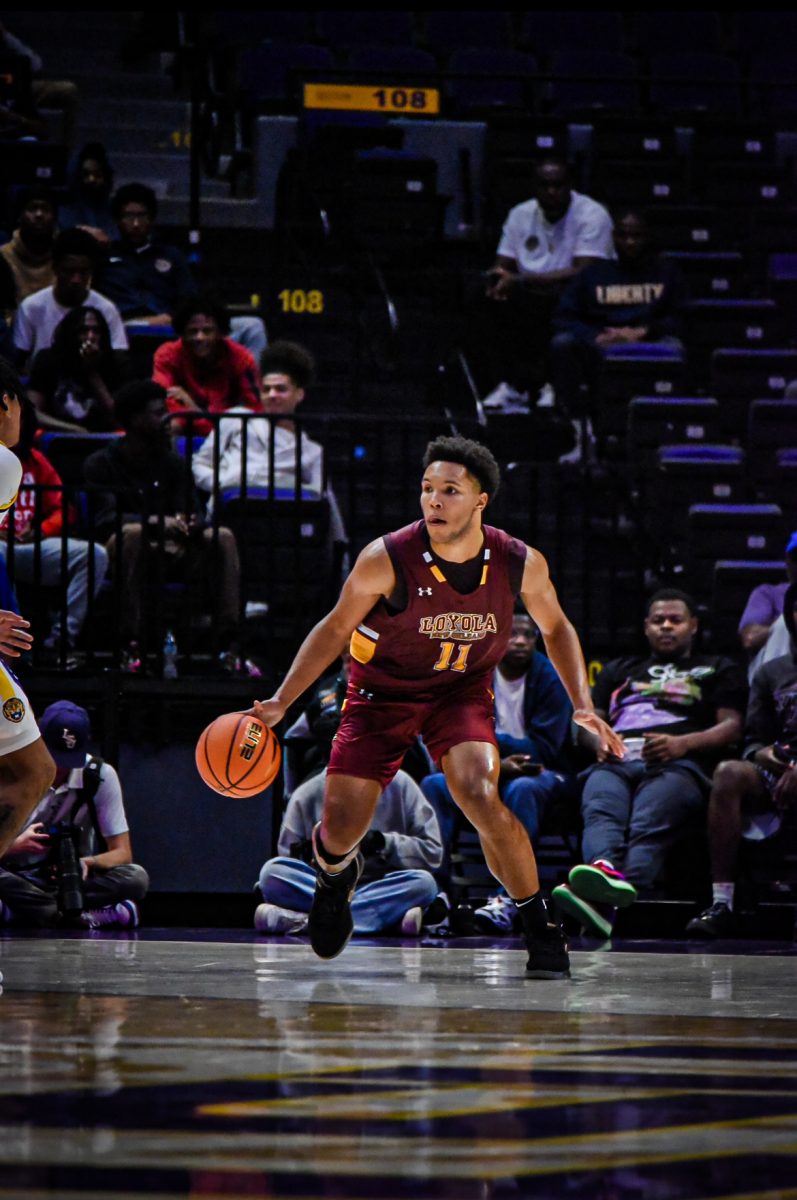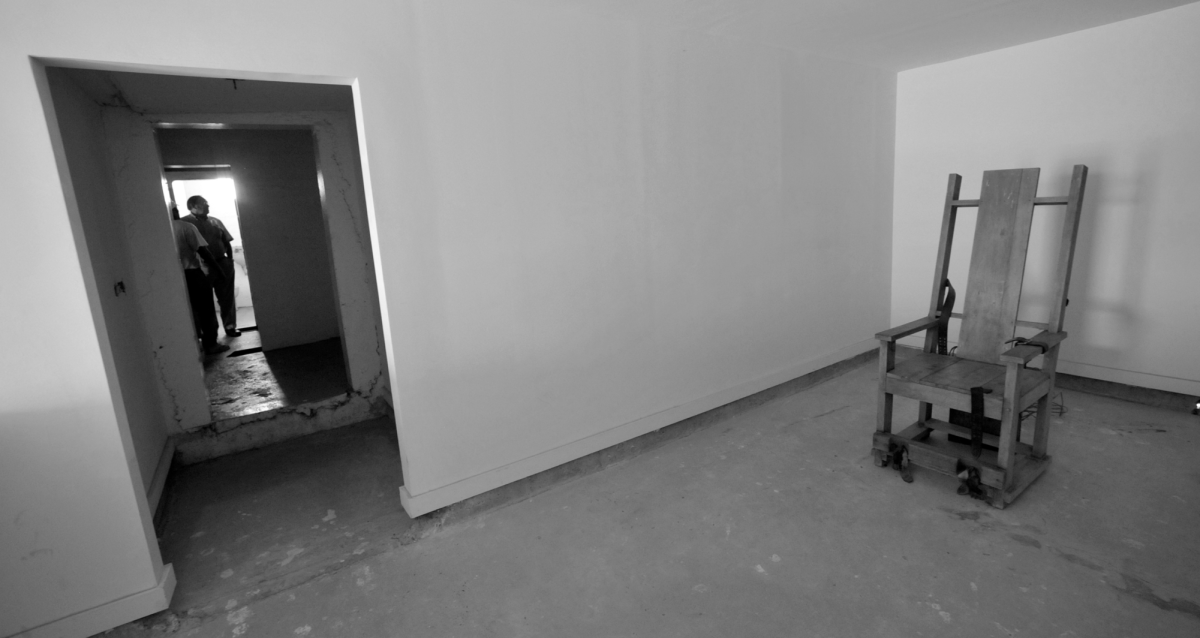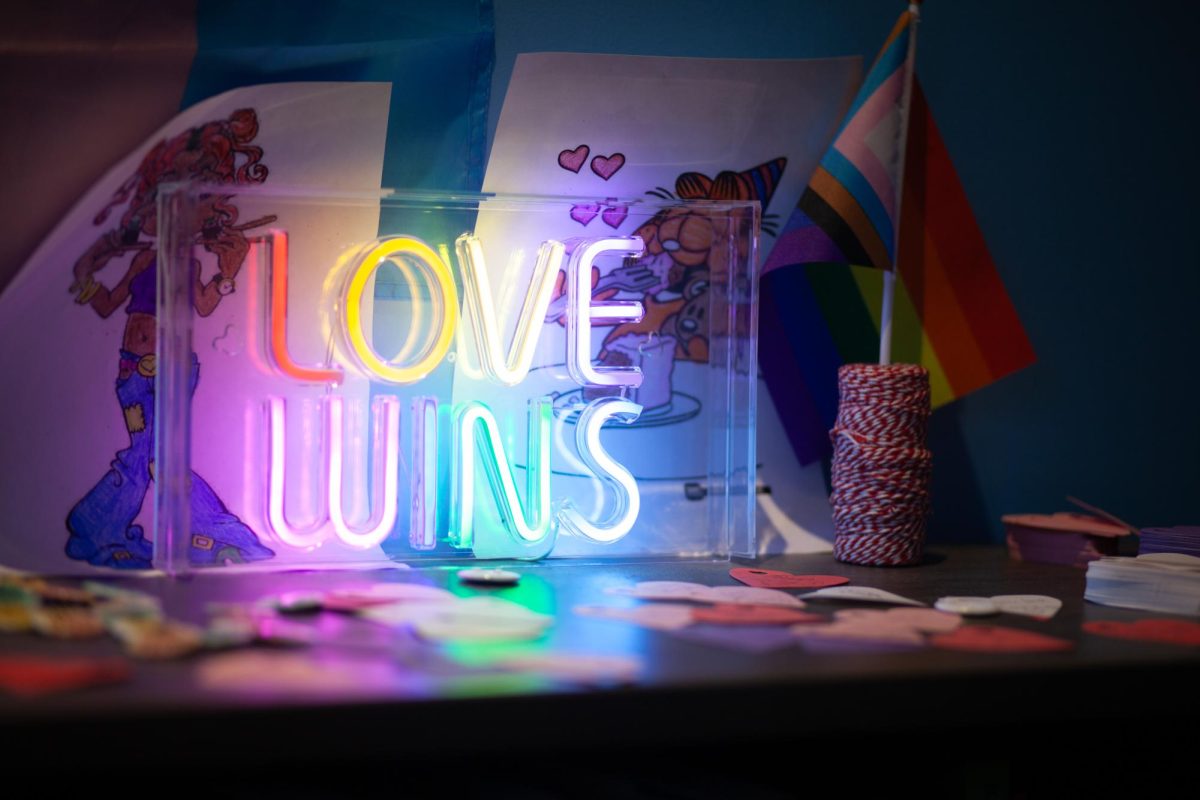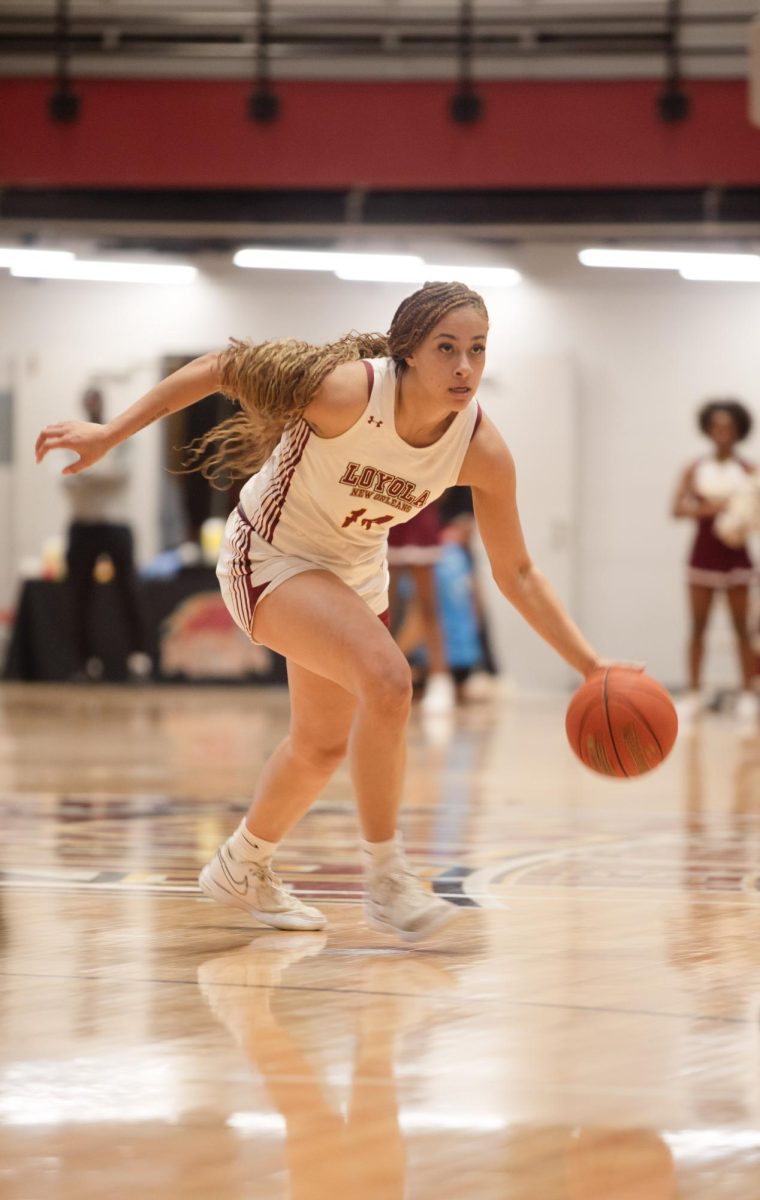By MARTHA IRVINE
Associated Press
ELMHURST, Ill. (AP) – What a difference four years can make.
In 2008, college campuses were filled with campaign posters and political rallies – and frenzy. Remember “Obamamania?” This year, it’s difficult to find a college student who’s truly excited about the presidential race.
“Politics has gone back to that thing you don’t want to bring up,” says Abraham Mulberry. He’s a freshman at Elmhurst College in suburban Chicago who’s trying to start a club for young Democrats.
Last election, his campus had an active Students for Obama chapter, organized well before the election. But this time, there’s nary a campaign placard for either President Barack Obama or Republican candidate Mitt Romney.
“I wouldn’t say the election is the No. 1 hot-button issue here,” Mulberry said, disappointedly.
Granted, you don’t see many signs of campaign enthusiasm in the neighborhoods that surround his campus, or elsewhere for that matter. But it’s telling that, on many college campuses across the country – where, in 2008, then-candidate Obama’s messages of “hope” and “change” easily took hold – the mood is markedly more subdued.
“Certainly, some (young people) have stopped believing,” said Molly Andolina, a political scientist at DePaul University in Chicago who tracks young voters. “Maybe that’s inevitable. For structural reasons, it’s easier to offer hope and change as a candidate, than as a president.”
Excitement was so high, it really had nowhere to go but down, she said. This time, there’s also no obvious chance to make history, as there was when students helped elect the country’s first African-American president.
“For young voters, it was like going to Woodstock in 1968,” says John Della Volpe, the polling director at Harvard University’s Institute of Politics.
Now, like a lot of Americans, they’re more worried about the economy and finding jobs. Voter ID laws in some states, which ban or restrict the use of student IDs at the polls, are also causing confusion on campuses – at a time when students are already weary and cynical about political bickering in Washington.
“Lots of people thought President Obama could go in and break gridlock and that didn’t happen,” said Ethan Weber, a senior at Miami University in Ohio, who’ll be graduating in December. “That’s the scariest thing to a lot of young people – that nothing is going to happen.”
In 2008, Weber cast a half-hearted vote for Republican John McCain, certain Obama would win. This time, he’s voting for Romney and sees the election as a “toss-up.”
He is still in the minority in the 18- to 29-year-old age group, according to polls. Young people are leaning strongly Democratic, as they traditionally do, and favor Obama by a wide margin – though some pollsters say the youngest new voters are showing signs that they may buck that trend.
An Associated Press-Society for Consumer Research poll conducted earlier this month found that 61 percent of registered voters in the 18-to-29 bracket support the president, compared with 30 percent for Romney.
In 2008, young people ended up voting for Obama by a 2-to-1 margin, with just over half of US citizens, ages 18 to 29, casting a ballot in 2008. Though older generations are still more likely to vote – about two-thirds of citizens older than 30 did so in 2008, for instance – youth turnout was larger than it had been in recent years, and was particularly notable because their wide margin of support helped lift Obama into office.
It remains to be seen, however, whether they’ll show up at the polls this time.
Allison Byers, a 25-year-old in San Francisco, finds young Americans’ waning commitment to vote in this election frustrating.
“It kind of breaks my heart,” said Byers, who works in communications at an arts college and was an active organizer for the Obama campaign in 2008, when she was a junior at Virginia Tech.
Even she concedes that she’s feeling more “realistic” than excited about this election – her optimism tempered by the difficulties the nation and the president have faced in the last four years. But she remains committed to him.
“There are always reasons to be disenchanted and unenthusiastic,” she said. “But you have to keep fighting the good fight.”



